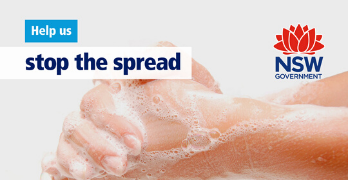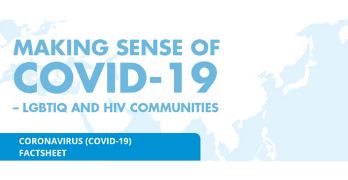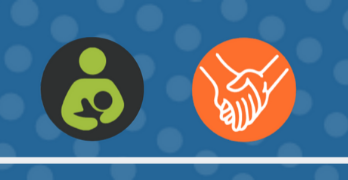To date more than 40 of our CSWs have collaborated to develop more than 200 multilingual resources. These include:
• Seek Help and Tell staff posters in 21 languages
• Hospital visitor COVID-19 alert in 5 languages
• Respiratory hygiene etiquette posters in 21 languages
• Social media tiles in 5 languages.
The team is proud to be part of this collective effort, according to Barbara Luisi, Director of the Diversity Programs and Strategy Hub.
“We are proud of our diverse team and thank them for working closely with key health agencies to provide timely and up-to-date information so we can keep our communities safe,” said Ms Luisi.
For more information about COVID-19 and to download multilingual resources visit https://www.health.nsw.gov.au/Infectious/diseases/Pages/coronavirus.aspx




